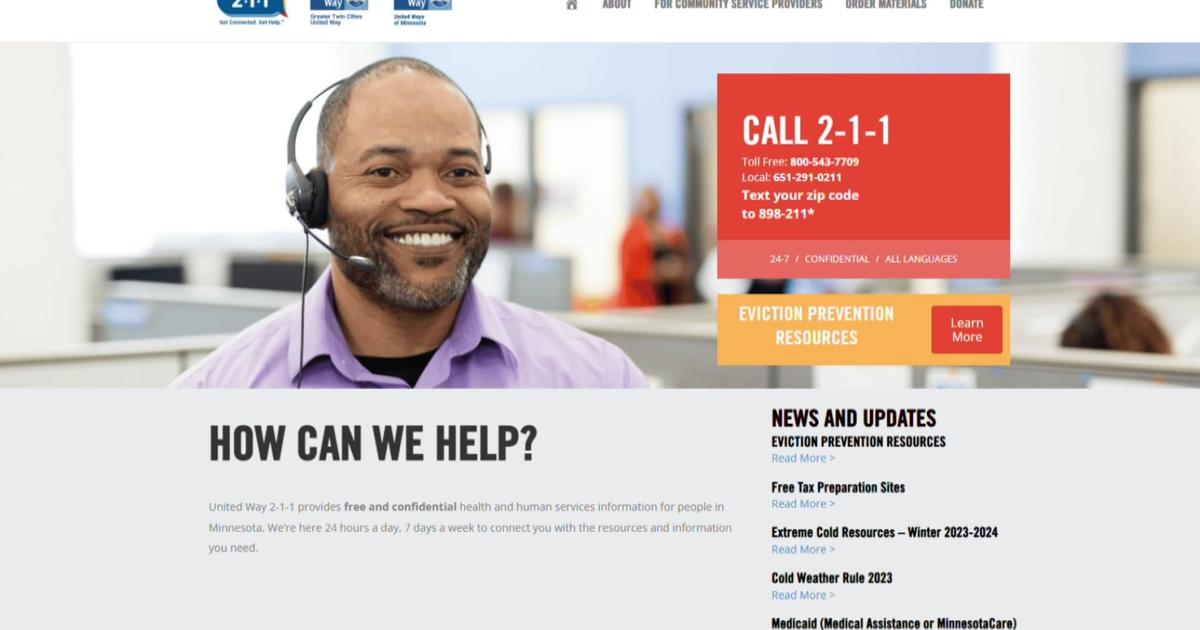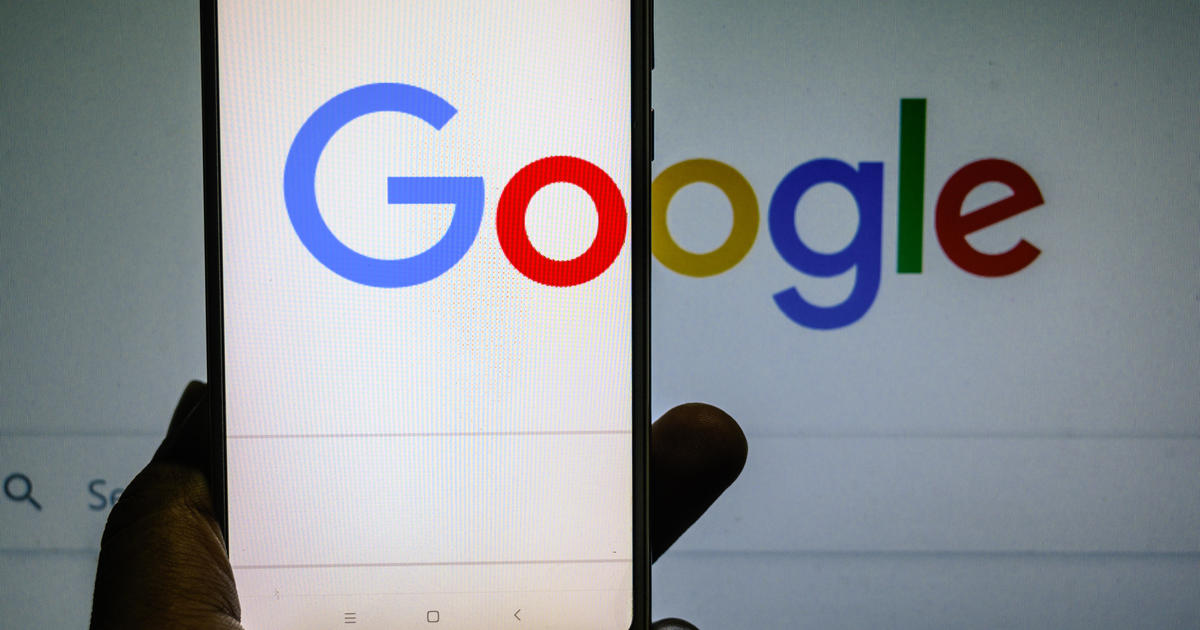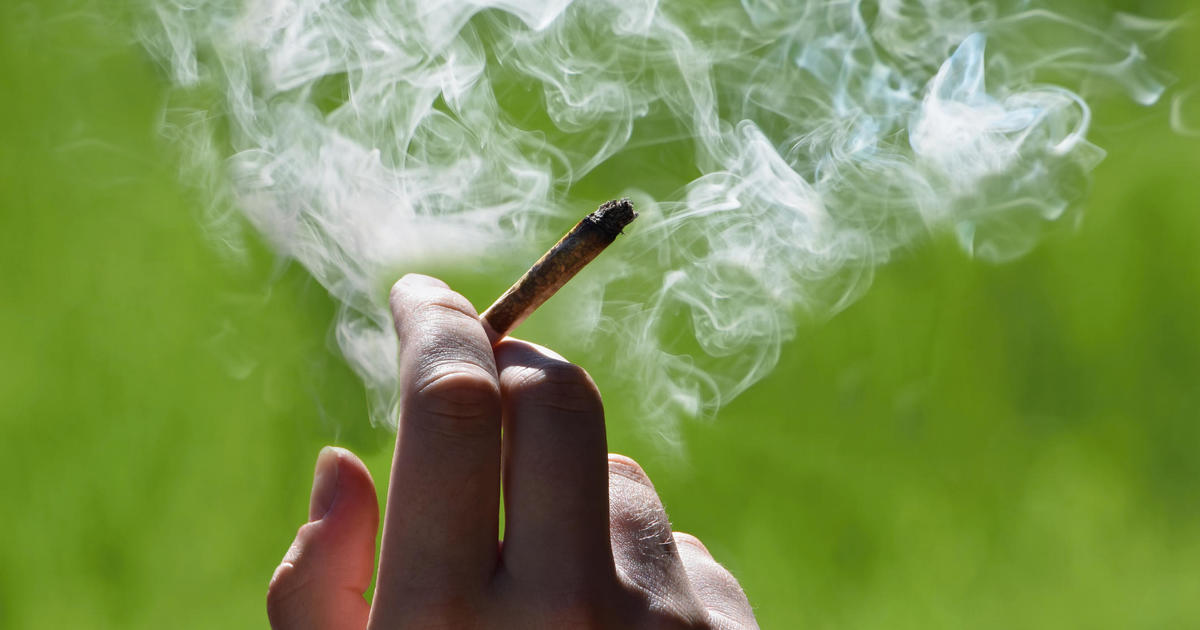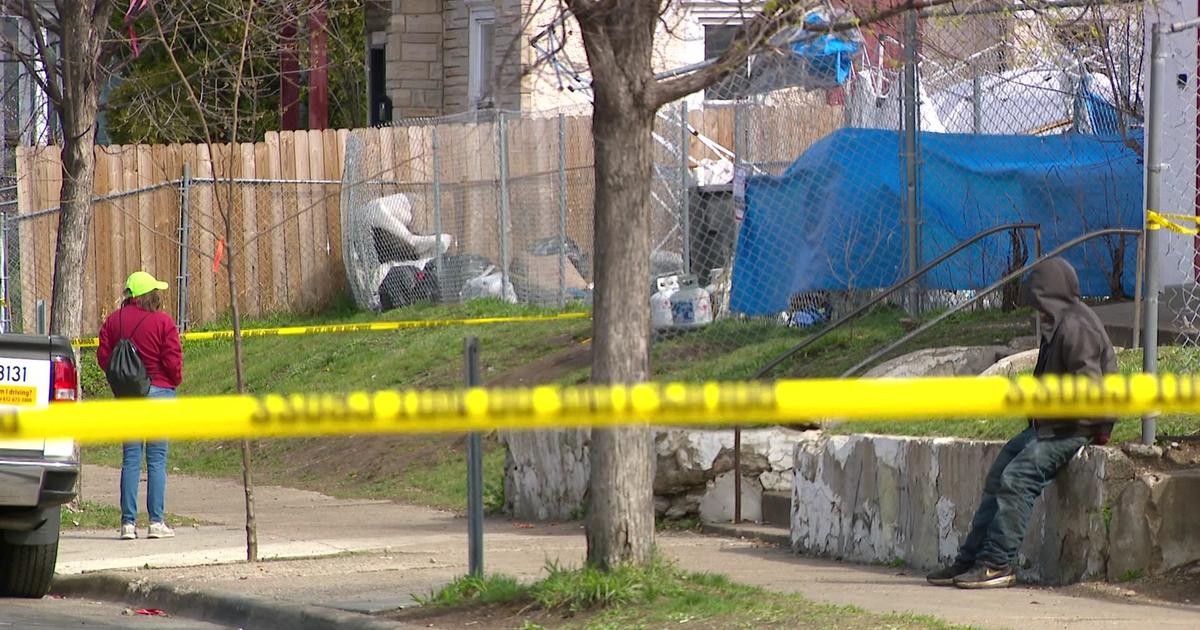'It's Getting Too Dangerous': Longtime 911 Dispatchers Call For Change
MINNEAPOLIS (WCCO) -- When WCCO-TV first exposed 911 calls going unanswered in Minneapolis, the city told us there wasn't a problem.
Leaders pointed to an average answer time of around 8 seconds, as proof the system is working. But when we obtained call records after weeks of asking, we found certain times of day had much longer waits.
Documents obtained in a WCCO Investigation show that some callers waited 2 minutes– and up to even 3 minutes -- to get through to help.
"When people are calling 911, it's an emergency," said Robin Jones, who's been a dispatcher for 30 years. "It's not to make reservations at a restaurant."
We sat down with Jones; Jane Engebretson, a dispatcher for 21 years; Lynn Staack, who's been an operator for six years; and Michelle Swenson, who's been a Minneapolis 911 dispatcher for 17 years.
For months, they've worried as they've watched 911 callers wait. It's a problem they blame on low staffing levels during certain shifts.
"When I first started, we had anywhere from five to seven operators on each shift, each day, each night, each evening," Staack said, "and now two, if I'm lucky."
After WCCO-TV first exposed these concerns, city council members asked just how many callers were waiting and for how long. Heather Hunt, the city's 911 director, said they didn't have a good way of measuring that right now.
"Yes, they know," Staack said. "They know everything, and it's readily available."
Now, WCCO-TV has a better idea how long callers waited.
It took the city six weeks to give us the numbers, saying it's a time-consuming process they must do manually.
After operators and dispatchers pointed us to problem times, we examined four hours worth of calls from February.
From 2:30 a.m. to 3:30 a.m. on a Sunday, we found 21 calls in Minneapolis took 30 seconds or more to answer, 13 of them waited one minute or more, 11 waited at least 2 minutes. One caller waited 3 minutes and 20 seconds for someone to pick up.
On a Friday between, 8 a.m. and 9 a.m., we found 20 callers waited 30 seconds or more, and 11 of them waited 1 minute or more. One caller waited 2 minutes and 22 seconds, another waited 2 minutes and 41 seconds.
On one Thursday morning, Arcola Tullis tried twice to get help. Her second call took more than 2 minutes and 30 seconds to answer. Arcola's husband had suffered a heart attack.
"I feel like our hands were tied, and he died. And we didn't help him," Swenson said.
In that same hour, we found two more calls took more than 2 minutes to answer. There were two operators working the phones, the lowest staffing of the day at Minneapolis 911.
WCCO-TV asked the city and Mayor Betsy Hodges for an interview about what we found. The requests were denied.
But just last week, after we told the mayor's office what we found, Hodges had this to say about the call system in her State of the City address:
"Operators and dispatchers answer more than half a million calls a year, and, at 5.6 seconds for an average answer time last month, we are at our best response times in years. Minneapolis is a safe city," the mayor said.
All along the city has talked about averages. Five seconds last month, eight seconds this year; both of which meet the national standard. But in the hours we examined, the averages were much higher. In one case, it took an average of 35 seconds to get to a caller, and, in the hours checked, nearly half of the calls fell short of the national standard, which states that 90 percent of calls must be answered in 10 seconds or less.
The numbers obtained are only initial answer times. In some cases, callers are asked if they can hold.
A few weeks ago, WCCO-TV found two early-morning callers were put on hold for more than 6 minutes. The city says that's a common industry practice to make sure the most serious calls are dealt with first.
"Some people don't realize that their emergencies are bigger than they think," Staack said.
A massive hiring and cross-training program is underway at Minneapolis 911. A dozen employees will be hired this year, and all employees must be trained to work operator and dispatch positions.
The city says these are improvements and that they're working.
"I think our director is taking it in a dangerous direction and not being held accountable for it," Swenson said.
After first coming forward, operators and dispatchers thought by now something would change. They prefer to work behind the scenes away from the spotlight.
"We just can't do it anymore," Jones said. "It's getting too dangerous."
When WCCO-TV shared its finding with Minneapolis City Councilman Cam Gordon, he called the 911 wait times "ridiculous" and said that since our reporting, the 911 director has been told to keep track of all calls that take a minute or more to answer.
The city says next year a new computer system will record all call wait times more easily.
Tom Perkins, the vice president of the new union representing Minneapolis operators and dispatchers (The Minnesota Public Employee Association), issued a statement on the concerns of dispatchers and operators. It reads:
"The Minnesota Public Employee Association supports Robin Jones as well as her willingness to expose the problems of Minneapolis 911. Her assertions are correct. There have been many times when staffing levels have been inadequate. The Minnesota Public Employee Association supports all our Minneapolis "911" Operators who must perform under stressful and unpredictable circumstances."



